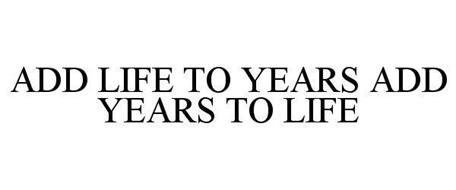Wording One’s Lifetime
Wording One’s Lifetime
Shalom,
This Shabbat we will be reading the third portion “Ekev” of the fifth book of Torah – Devarim – דברים (words).
Rabbi of Mishkoletz explains a verse in this week’s Torah portion:
כִּי לֹא עַל-הַלֶּחֶם לְבַדּוֹ יִחְיֶה הָאָדָם–כִּי עַל-כָּל-מוֹצָא פִי-יְהוָה, יִחְיֶה הָאָדָם
“…Not on bread alone does man live but by every word that issues from G-d’s mouth does a man live”. (Deuteronomy 8,3)
He says:
Physical food alone does not ensure a person’s survival.
Rather, the length of a person’s life is connected to every mundane word that issues from our mouths.
This correlates with the unique concept connecting person’s lifetime with his speech, presented by the great Kabbalist, Rabbi Yitzchak Luria from Tzfat – Ha’Ari.

Ha’Ari says that the specific number of words that a person can say in their lifetime is actually determined in heaven.
Therefore, when a person uses up this quota, their mission in the world has also ended and their soul leaves this world.
But all of this refers only to one’s ‘mundane words’.
Thus, for a person who speaks words of Torah, years are added to their life.
Therefore, according to Rabbi of Mishkoletz:
The holy divinely oriented words (“issues from G-d’s mouth”) a person speaks, add for the person additional life from heaven.
We are approaching the month of Ellul, which is the month of preparation before our high holidays, the days of judgement for the coming year.
People start setting spiritual goals now and we hope that for you mastering Hebrew (which definitely has divinely oriented words) could be one of those.
Wishing you great, long life.
As we say in Hebrew:
עד מאה ועשרים
AD MEAH VE’ESRIM
Till a hundred and twenty (years)
Shabbat Shalom,









